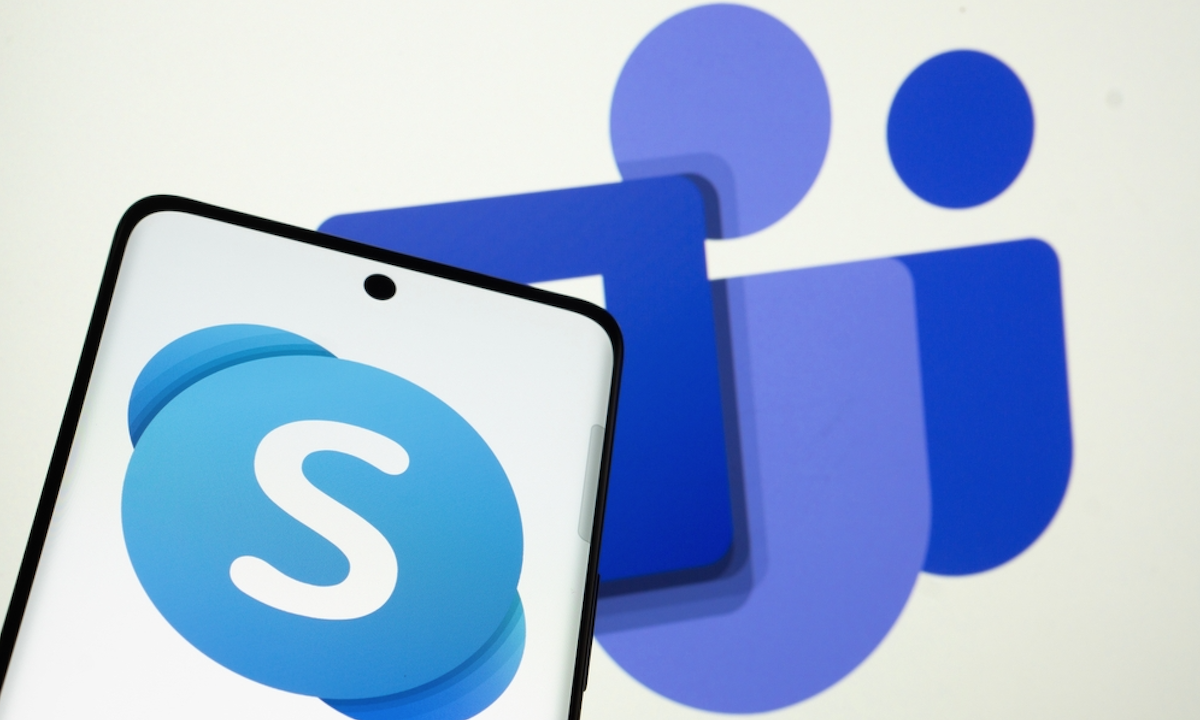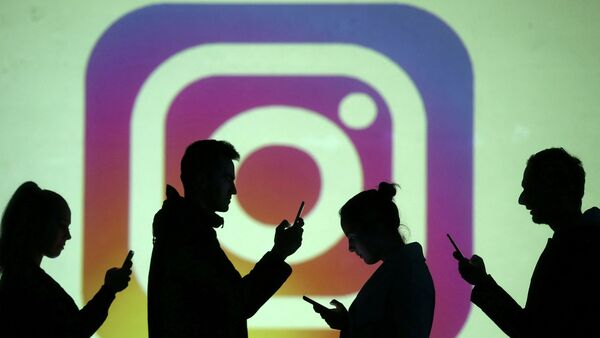End of an Era: Skype's Final Video Call Signals Digital Communication Revolution
Technology
2025-05-03 08:00:41Content

An Era Ends: Skype's Final Farewell to Digital Communication
The iconic blue communication platform that revolutionized global connectivity is preparing to fade into digital history. Skype, once a groundbreaking communication tool that bridged continents and transformed how people connect across vast distances, will make its final call on Monday, May 5th.
For millions of users worldwide, this marks the end of an era that began with the platform's launch in 2003. What was once a pioneering video and voice communication service that brought families, friends, and business professionals together has now been gradually replaced by newer, more integrated communication technologies.
Microsoft, which acquired Skype in 2011, has been steadily shifting users towards Microsoft Teams, signaling a strategic transition in their communication ecosystem. While the platform's influence has diminished in recent years, its legacy of making international communication accessible and affordable remains significant in the evolution of digital interaction.
As Skype prepares to disconnect its last call, it leaves behind a remarkable story of technological innovation that fundamentally changed how the world communicates.
The Digital Sunset: How Skype's Closure Marks the End of an Era in Communication Technology
In the ever-evolving landscape of digital communication, technological giants rise and fall, leaving behind legacies that reshape how we connect with the world. Today, we stand at the precipice of a significant technological transition as Skype, once a revolutionary platform that bridged continents and transformed global communication, prepares to fade into digital history.The Final Chapter of a Communication Revolution Unfolds
The Rise and Transformation of Digital Communication Platforms
Skype's journey represents more than just the lifecycle of a communication tool; it embodies the dramatic transformation of how humanity connects across geographical boundaries. Launched in 2003, the platform emerged as a groundbreaking solution that democratized international communication, allowing individuals and businesses to transcend traditional telecommunication limitations. Its video calling and instant messaging capabilities revolutionized personal and professional interactions, creating a global village where distance became increasingly irrelevant. The platform's initial success was rooted in its ability to provide free or low-cost international communication, a radical concept during an era of expensive long-distance telephone calls. Entrepreneurs, families separated by oceans, and global businesses found in Skype a lifeline that connected them instantaneously and affordably.Technological Evolution and the Competitive Communication Landscape
As digital communication technologies rapidly advanced, Skype faced unprecedented challenges from emerging competitors like Zoom, Microsoft Teams, and WhatsApp. These platforms offered more integrated, feature-rich experiences that gradually eroded Skype's market dominance. The acquisition by Microsoft in 2011, while promising, ultimately couldn't prevent the platform's gradual decline. The communication technology ecosystem became increasingly complex, with users demanding more sophisticated, seamless integration across multiple devices and platforms. Modern communication tools now offer advanced features like real-time translation, enhanced security protocols, and deeper integration with productivity suites, rendering Skype's once-revolutionary features seemingly antiquated.The Human Impact of Technological Transitions
Beyond technological metrics, Skype's closure represents a profound human narrative of connection and adaptation. Millions of users worldwide have shared life's most intimate moments through this platform - from international wedding celebrations to critical business negotiations, from grandparents meeting newborn grandchildren to friends maintaining long-distance relationships. The platform's legacy extends far beyond its technical capabilities. It symbolizes a pivotal moment in human communication history, where digital technologies began dismantling traditional barriers of distance and accessibility. Skype transformed from a mere communication tool to a cultural phenomenon that reshaped global interaction paradigms.Looking Forward: The Future of Digital Communication
As Skype prepares to retire, the communication technology landscape continues to evolve at an unprecedented pace. Artificial intelligence, augmented reality, and more immersive communication technologies are emerging, promising experiences that would have seemed like science fiction just a decade ago. The closure of Skype serves not as an endpoint but as a transition point, highlighting the dynamic nature of technological innovation. Each platform's lifecycle contributes to a broader narrative of human connectivity, pushing boundaries and reimagining how we understand communication in an increasingly digital world. While Skype's blue bubble may soon disappear, its impact on global communication remains indelible, a testament to human ingenuity and our perpetual quest to connect more effectively across boundaries.RELATED NEWS
Technology

Breakthrough: Indestructible Battery Bends, Stretches, and Survives Extreme Abuse
2025-04-14 19:30:33
Technology

Surprise Uninstall: Microsoft's Copilot Vanishes from Your Desktop Overnight
2025-03-17 20:00:00






